Africa, with its vast coastlines bordering the Atlantic and Indian Oceans as well as the Red Sea, offers some of the world’s most exciting scuba diving experiences.
For North American divers seeking to explore vibrant coral reefs, historic wrecks, and abundant marine life, Africa provides a stunning array of underwater wonders.
From the adrenaline-pumping shark dives of South Africa to the pristine coral gardens of Mozambique and the island paradises of the Seychelles and Mauritius, Africa is home to diverse dive sites that cater to every level of diver.
However, a dive trip to Africa involves careful planning, from flights and visa requirements to health considerations and selecting the right dive operators.
This comprehensive guide aims to help North American divers navigate these essential logistics and ensure a safe and unforgettable diving adventure on the African continent.
Essential Pre-Trip Planning
International Travel: Flights to Africa from North America
Traveling to Africa from North America generally involves long-haul flights with at least one stopover. The following are the major African entry points for scuba divers:
-
Cairo (Egypt): Serving as the gateway to the Red Sea.
-
Johannesburg (South Africa): Access to South Africa’s diving destinations, including the famous Sardine Run.
-
Maputo (Mozambique): For divers heading to the remote reefs of Mozambique.
-
Dar es Salaam (Tanzania): For accessing Zanzibar and Mafia Island.
-
Nairobi (Kenya): Offering connections to Kenya's stunning marine parks.
-
Victoria (Seychelles): For the granite islands and pelagic diving of Seychelles.
-
Mauritius (MRU): For both macro diving and accessible wrecks.
Flight durations to these destinations typically vary from 10 to 27 hours, with flight costs ranging from $500 to $2,000 depending on the destination and time of year. It’s essential to consider connecting flights, as many African dive destinations are reached via hubs in Europe or the Middle East.
Visa Requirements and Entry Rules for U.S. Citizens
Visa requirements for U.S. citizens vary greatly between African countries, and it’s crucial to stay up-to-date with regulations before travel. Some highlights include:
-
Egypt: U.S. citizens need a 30-day visa, available on arrival or through an e-visa.
-
South Africa: No tourist visa is required for stays under 90 days, but passports must meet certain conditions.
-
Mozambique: U.S. travelers may not need a visa for short stays, but a tourist visa can be purchased upon arrival for $82.
-
Tanzania: U.S. citizens must apply for a one-year multiple-entry visa online.
-
Kenya: An electronic travel authorization (eTA) is required before departure.
-
Seychelles and Mauritius: U.S. citizens can enter without a visa for short stays, although some countries may require additional documentation or fees.
Ensure that your passport has sufficient blank pages, as several African countries require a minimum of two blank visa pages. Failing to meet this requirement may prevent entry into the country.
Health & Safety Precautions
Health and safety considerations are critical when traveling to Africa. These include the following:
-
Vaccinations: Routine vaccinations such as MMR, Hepatitis B, and COVID-19 should be up-to-date. Additionally, travelers may require travel-specific vaccines like Hepatitis A, Typhoid, and Yellow Fever.
-
Malaria and Insect Protection: Malaria is prevalent in some regions, particularly in sub-Saharan Africa. Taking malaria prophylaxis and using insect repellent is advised.
-
Rabies: In countries like Egypt and Kenya, rabies vaccination may be recommended, especially for divers spending extended time outdoors.
-
Water and Food Safety: Stick to bottled water and avoid raw or undercooked food to minimize the risk of gastrointestinal illness.
Recommended: Top 6 Best Underwater Scooters Under $600
Travel Insurance
Given the remote nature of some dive sites, medical evacuation insurance is highly recommended. Ensure that the policy covers emergencies and includes repatriation if necessary.
Top African Scuba Diving Destinations
Africa offers a multitude of dive sites, each with its unique underwater ecosystems and marine life. Let’s explore the continent’s top diving spots for North American divers.
Egypt: The Red Sea
The Red Sea is often considered one of the world's premier dive destinations, attracting divers from around the globe. Famous for its rich coral reefs, historic wrecks, and the chance to encounter pelagic species such as sharks and manta rays, Egypt's Red Sea offers a diving experience like no other.
Highlights:
-
Wreck Diving: Explore the remains of ships like the SS Thistlegorm, a World War II wreck, and the famous Salem Express.
-
Marine Life: Over 1,000 species of fish, including endemic species, large pelagic fish, and sharks.
-
Best Time to Dive: March to May and September to November.
Diving in Egypt is accessible via liveaboards, which offer great value and access to remote reefs. However, divers should carefully choose their operators, as there have been occasional concerns regarding safety standards.
South Africa: Shark Encounters & The Sardine Run
South Africa offers some of the most thrilling diving experiences, particularly for those seeking encounters with large pelagics like sharks. The annual Sardine Run, a natural spectacle where billions of sardines migrate along the coast, attracts numerous predators including sharks, dolphins, and whales.
Highlights:
-
Sardine Run: June and July offer the chance to witness one of nature's most awe-inspiring events.
-
Shark Cage Diving: Experience the thrill of diving with great white sharks at locations like Gansbaai.
-
Marine Life: Encounter ragged-tooth sharks, tiger sharks, hammerheads, and manta rays.
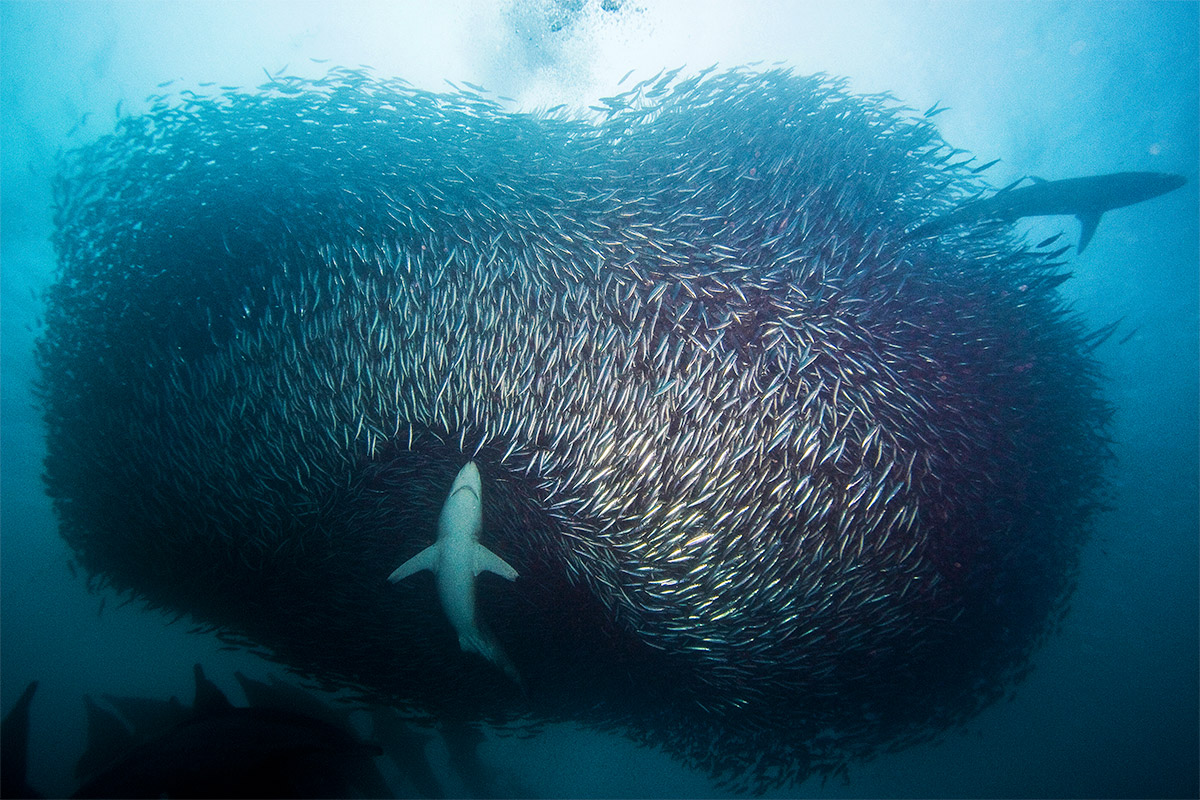
Mozambique: Pristine Reefs & Whale Sharks
Mozambique is a hidden gem for divers, known for its pristine reefs, vibrant marine life, and the chance to encounter whale sharks and manta rays. The coastal waters of Mozambique are still relatively untouched, offering divers a more remote and wild underwater experience.
Highlights:
-
Tofo Beach: Known for regular whale shark and manta ray sightings.
-
Bazaruto Archipelago: A protected marine reserve with exceptional coral reefs and abundant marine life.
-
Best Time to Dive: June to November, with peak whale shark sightings from September to February.
Tanzania: Zanzibar, Pemba, and Mafia Island
Tanzania's islands are home to some of the healthiest coral reefs in East Africa. Zanzibar, Pemba, and Mafia Island offer a variety of dive sites, including drift dives, steep drop-offs, and the opportunity to swim with whale sharks at Mafia Island during the migration season.
Highlights:
-
Whale Sharks at Mafia Island: October to March is the best time to see these gentle giants.
-
Mnemba Island: Known for its clear waters, abundant fish species, and turtle sightings.
-
Marine Life: Includes dolphins, reef sharks, and colorful coral gardens.
Seychelles: Unique Topography & Rich Biodiversity
Seychelles is an archipelago in the Indian Ocean renowned for its crystal-clear waters, vibrant coral reefs, and granite boulders that create dramatic underwater landscapes. With diverse marine life, including endemic species and seasonal whale shark migrations, Seychelles offers an unforgettable diving experience.
Highlights:
-
Granite Reefs: The unique underwater landscape formed by granite boulders is a major draw for divers.
-
Marine Life: Divers can encounter rays, sea turtles, reef sharks, and more.
-
Best Time to Dive: April to May and October to November for the best conditions.
Mauritius: Macro Diving & Accessible Wrecks
Mauritius, surrounded by extensive coral reefs, is an ideal destination for those seeking macro diving and accessible wreck dives. Although the big animal encounters are less frequent, the island offers exceptional visibility and a chance to explore fascinating underwater landscapes.
Highlights:
-
Coin de Mire: Known for vibrant reefs, wall diving, and wrecks like the Djabeda wreck.
-
Marine Life: Endemic angelfish, butterflyfish, and plenty of macro critters like nudibranchs.
-
Best Time to Dive: October to December, offering the best visibility and marine life.
Conclusion
Africa's underwater landscapes offer North American divers a truly unique experience.
From the bustling reefs of Egypt’s Red Sea to the adrenaline-filled shark dives of South Africa, the pristine coral gardens of Mozambique, and the unique granite topography of Seychelles, Africa’s dive destinations provide something for every diver.
With proper pre-trip planning—careful flight arrangements, understanding visa and health requirements, and choosing reputable dive operators—you can ensure that your African dive adventure is both thrilling and safe.
FAQs
Q: What is the best time to dive in Africa?
The best time for diving in Africa varies by region, but generally, the dry months from March to May and September to November offer the most favorable conditions for visibility and marine life.
Q: Do I need to be an experienced diver to dive in Africa?
While some of Africa's dive sites cater to advanced divers, many destinations offer sites suitable for beginners. However, be sure to check the requirements for each specific dive site.
Q: Is it necessary to book dive trips in advance?
Yes, it is highly recommended to book your dive trips in advance, especially if you plan to dive at popular locations or during peak seasons.
Featured Articles:
- The 120 Rule in Scuba Diving: A Quick Guide to Safe Dive Planning & Its Limitations
- Flying with Your Underwater Scooter: A Comprehensive Guide to Air Travel Rules
- Top 6 Best Underwater Scooters Under $600
- Underwater Scooter Battery Life and Runtime: What You Need to Know
- Diver Propulsion Vehicle Recommendations: What’s Best for Your Dive Type?
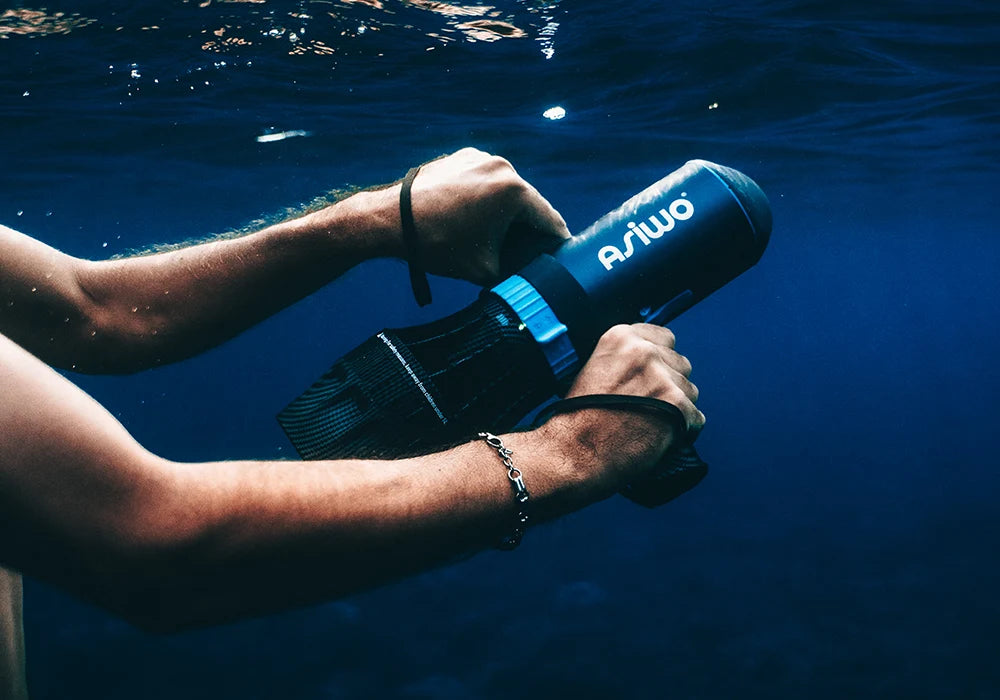
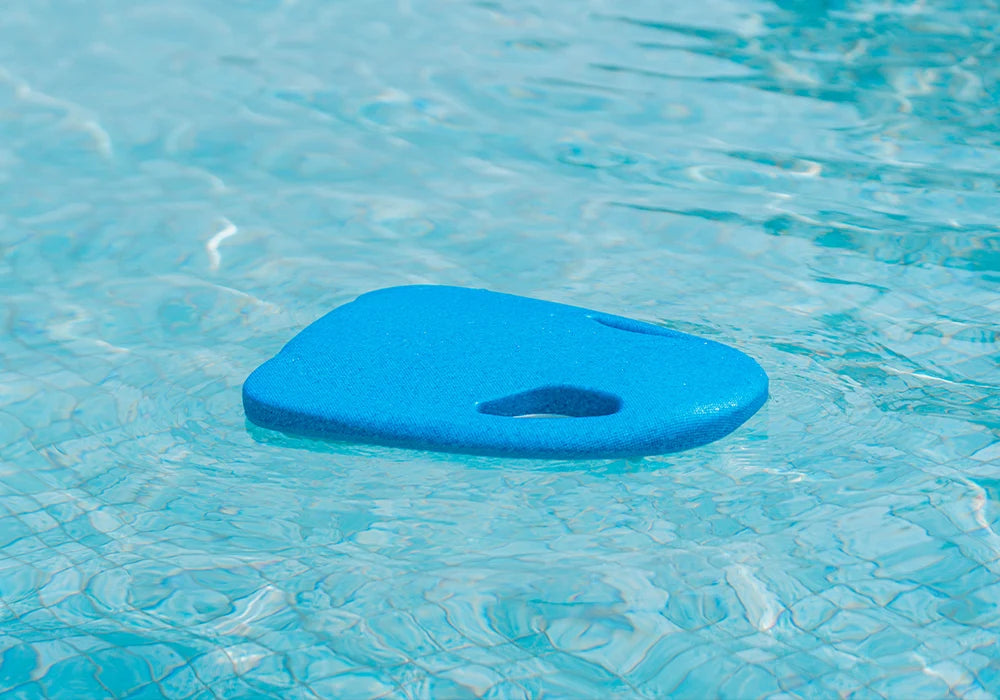
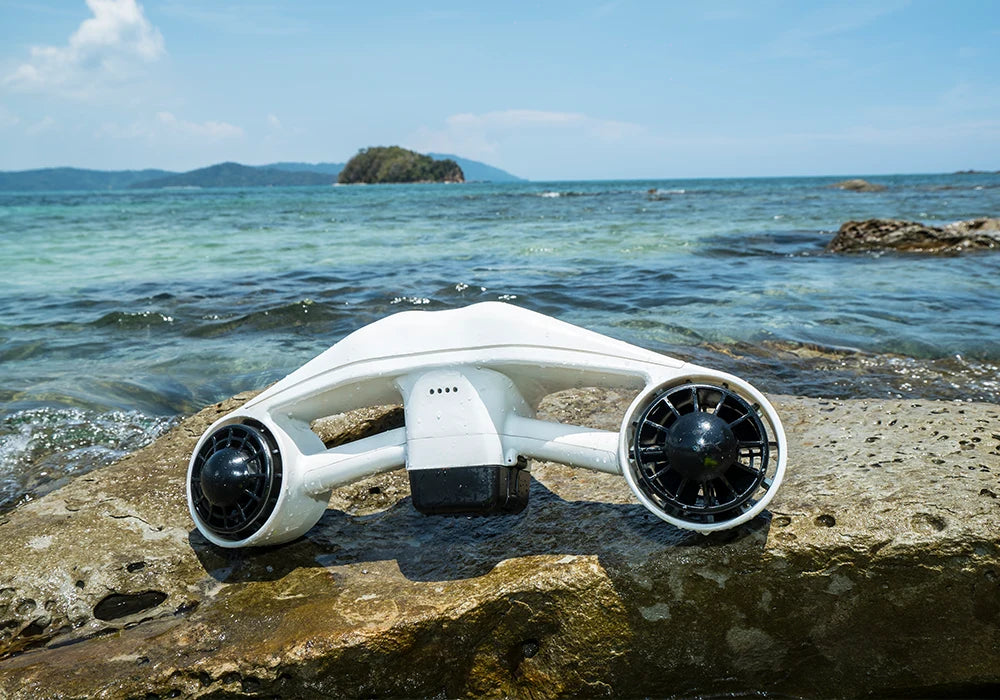
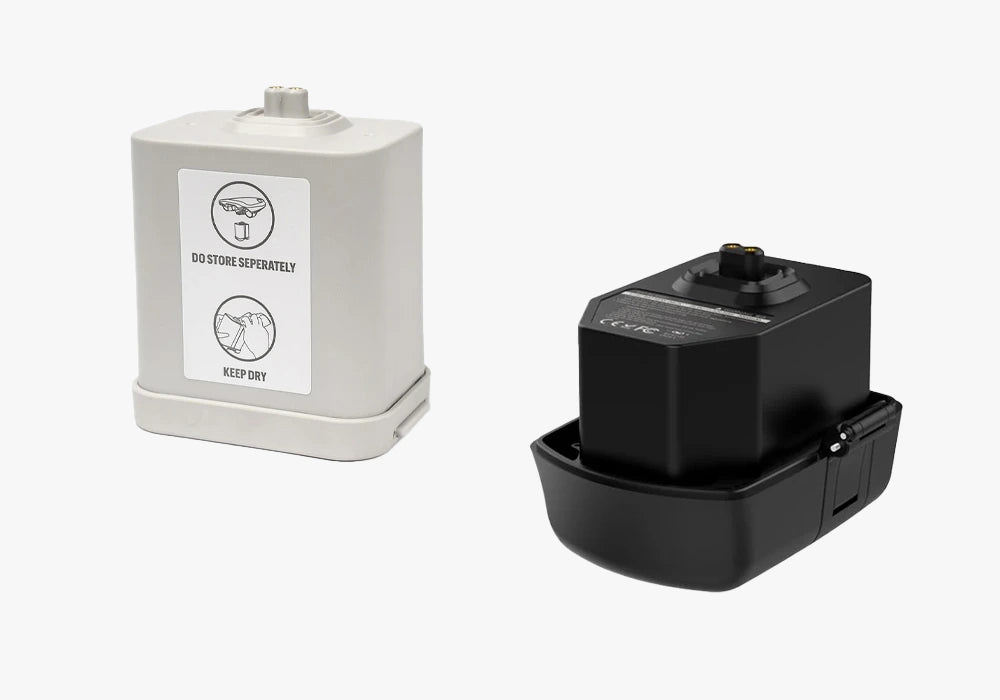




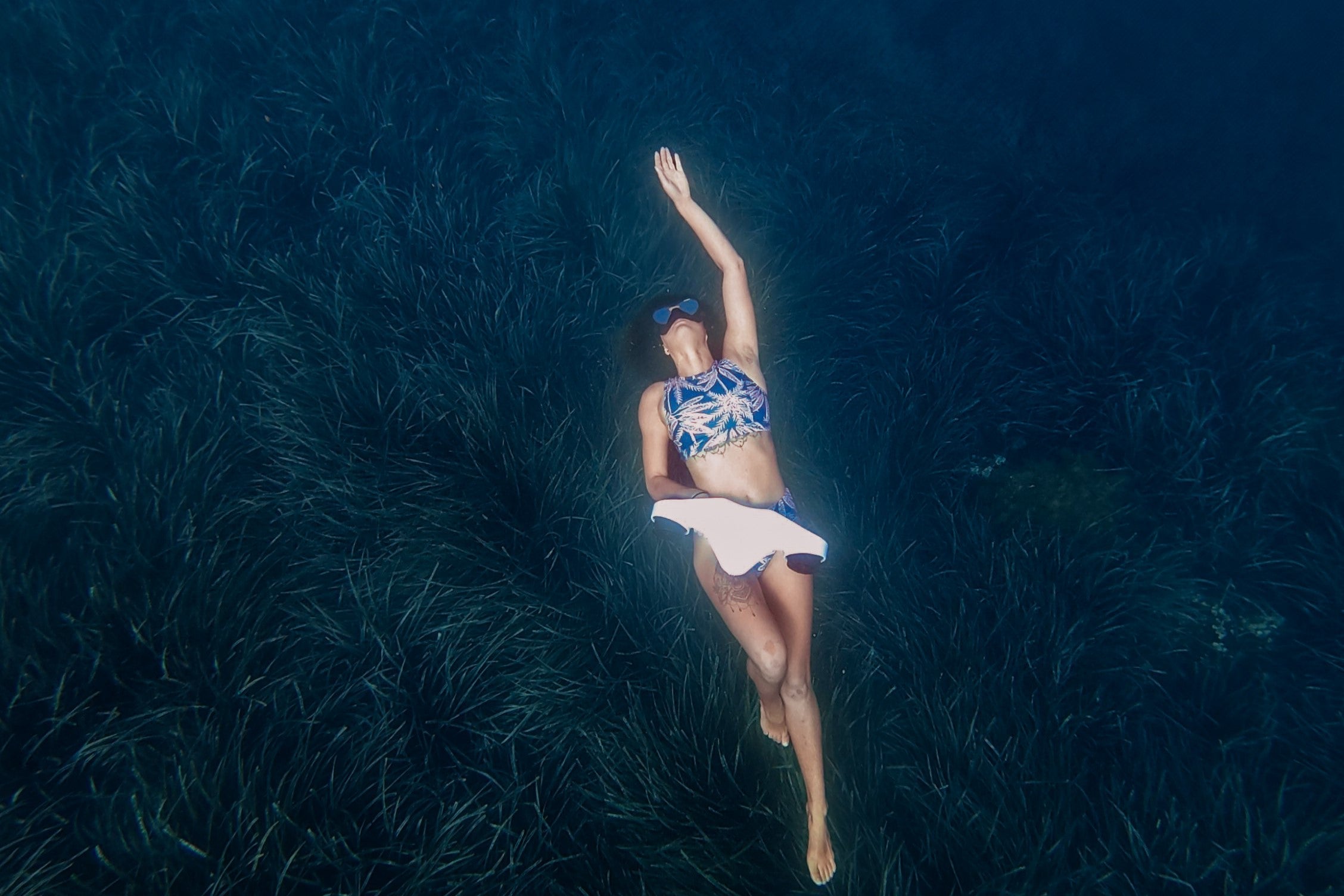
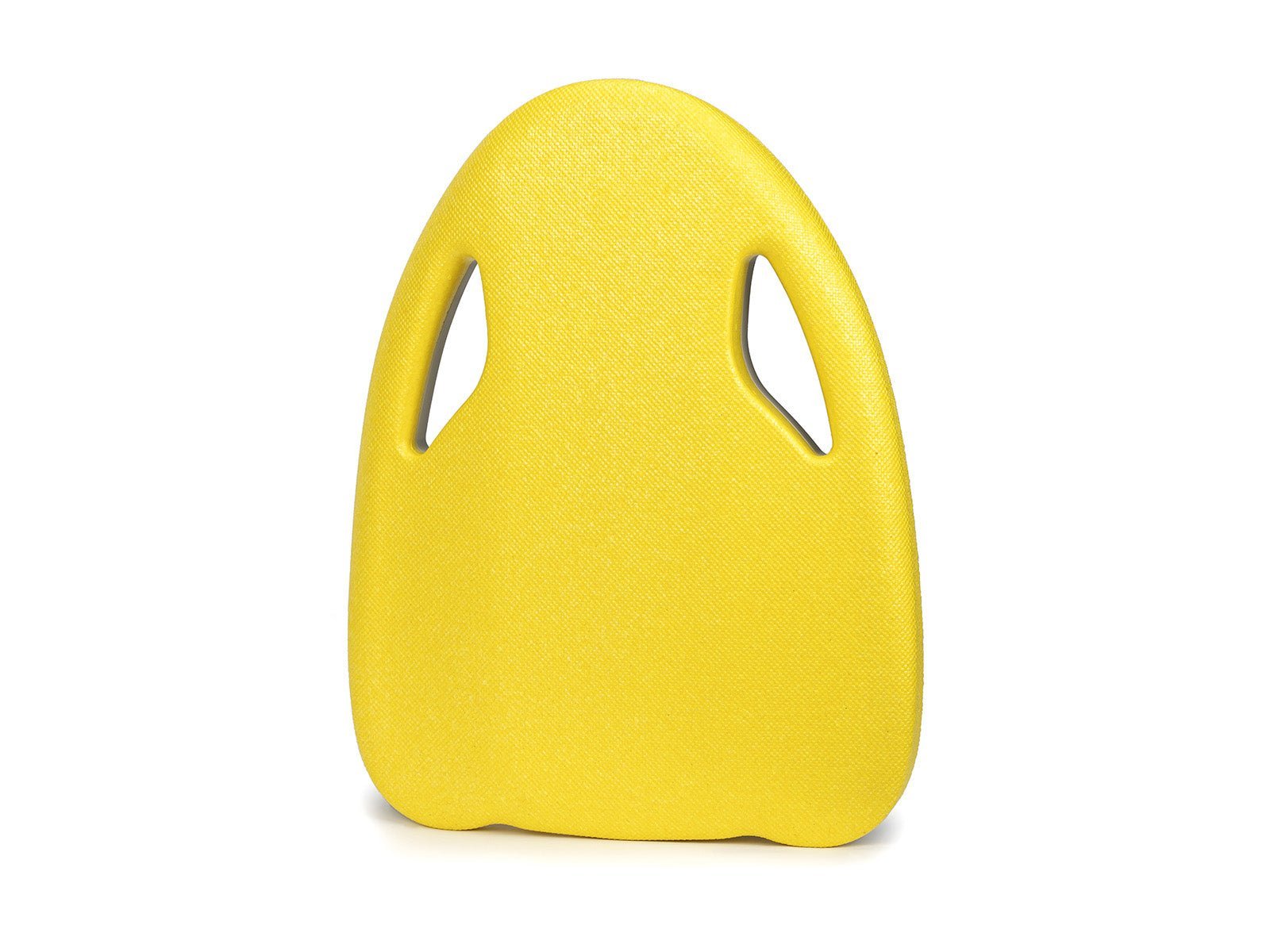

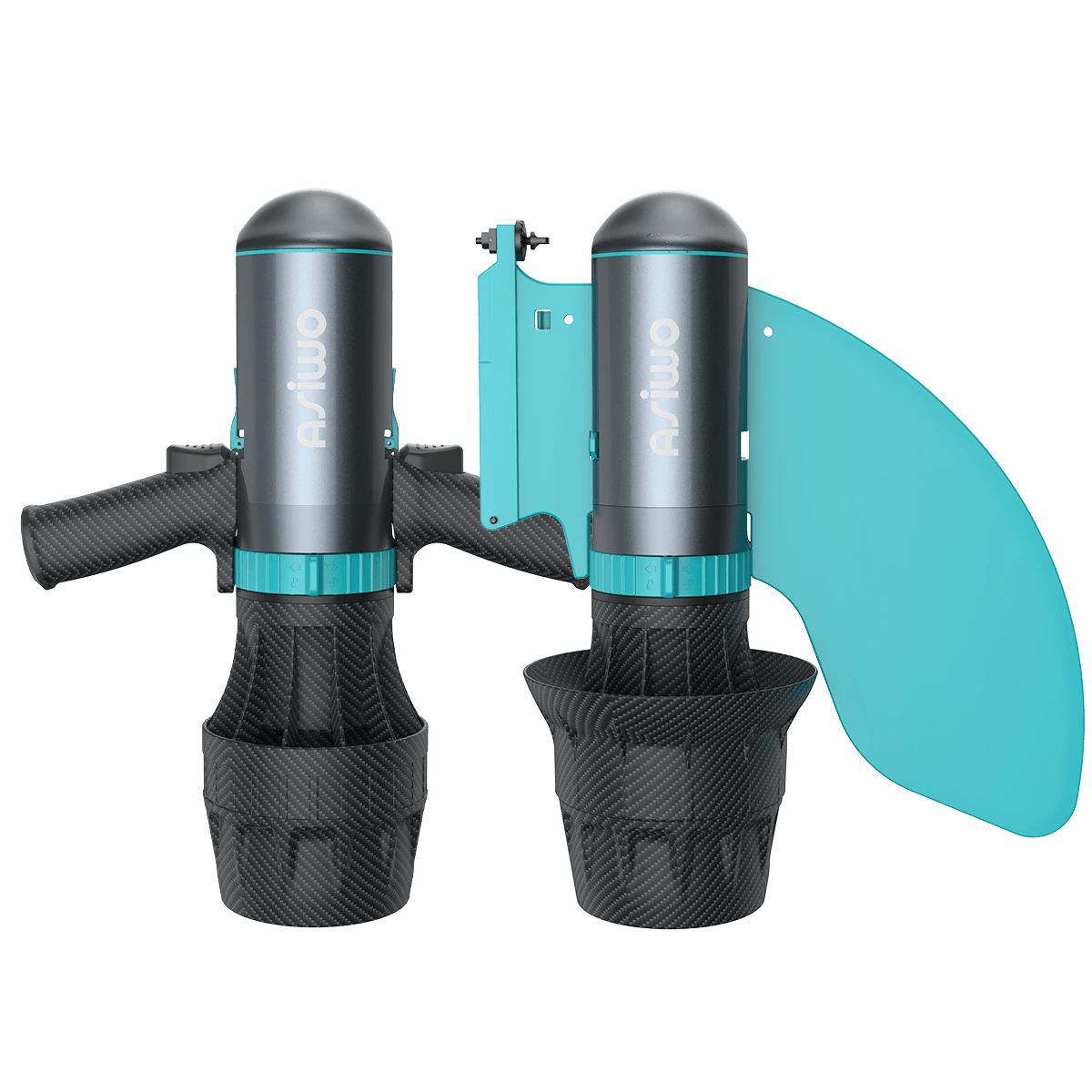

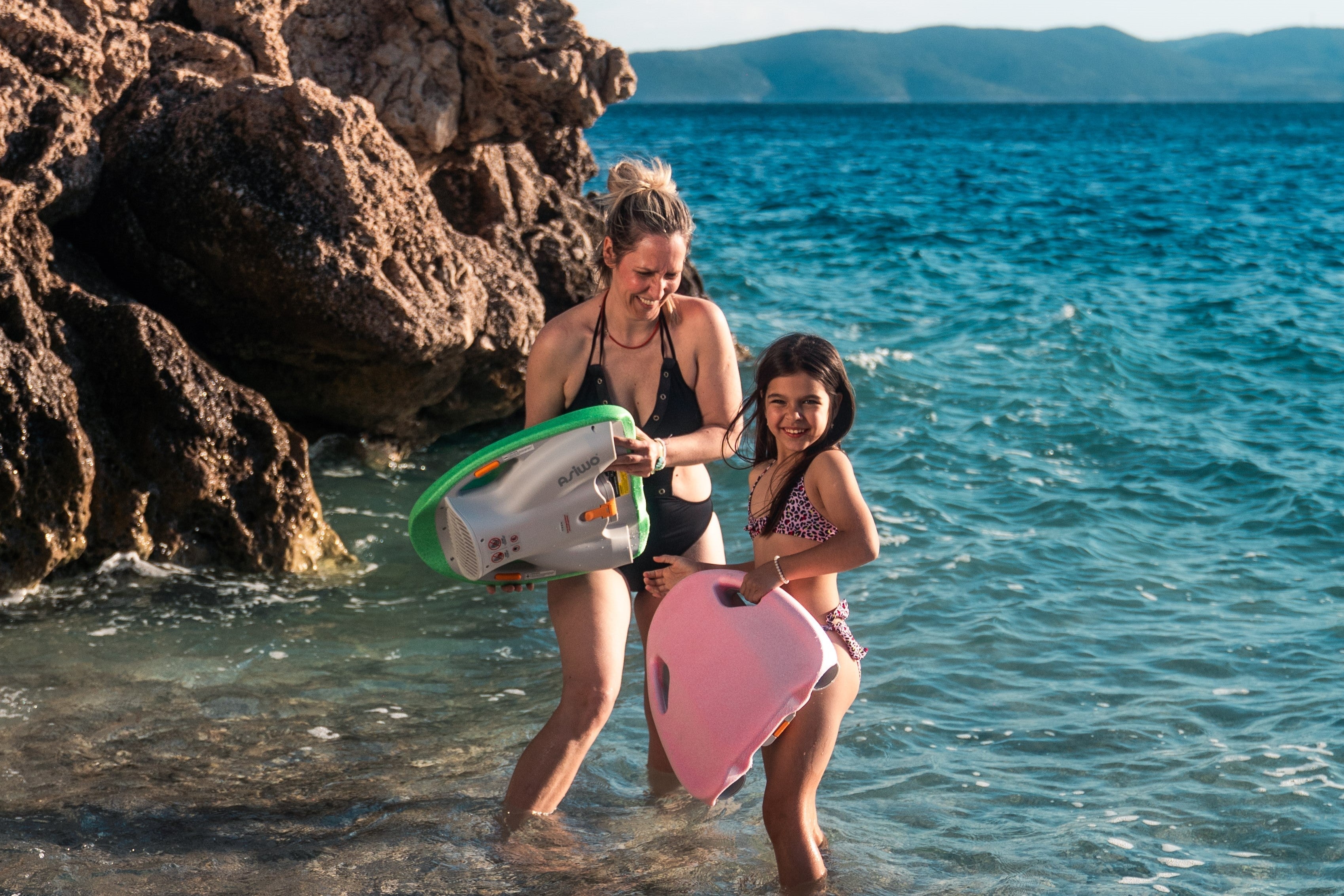

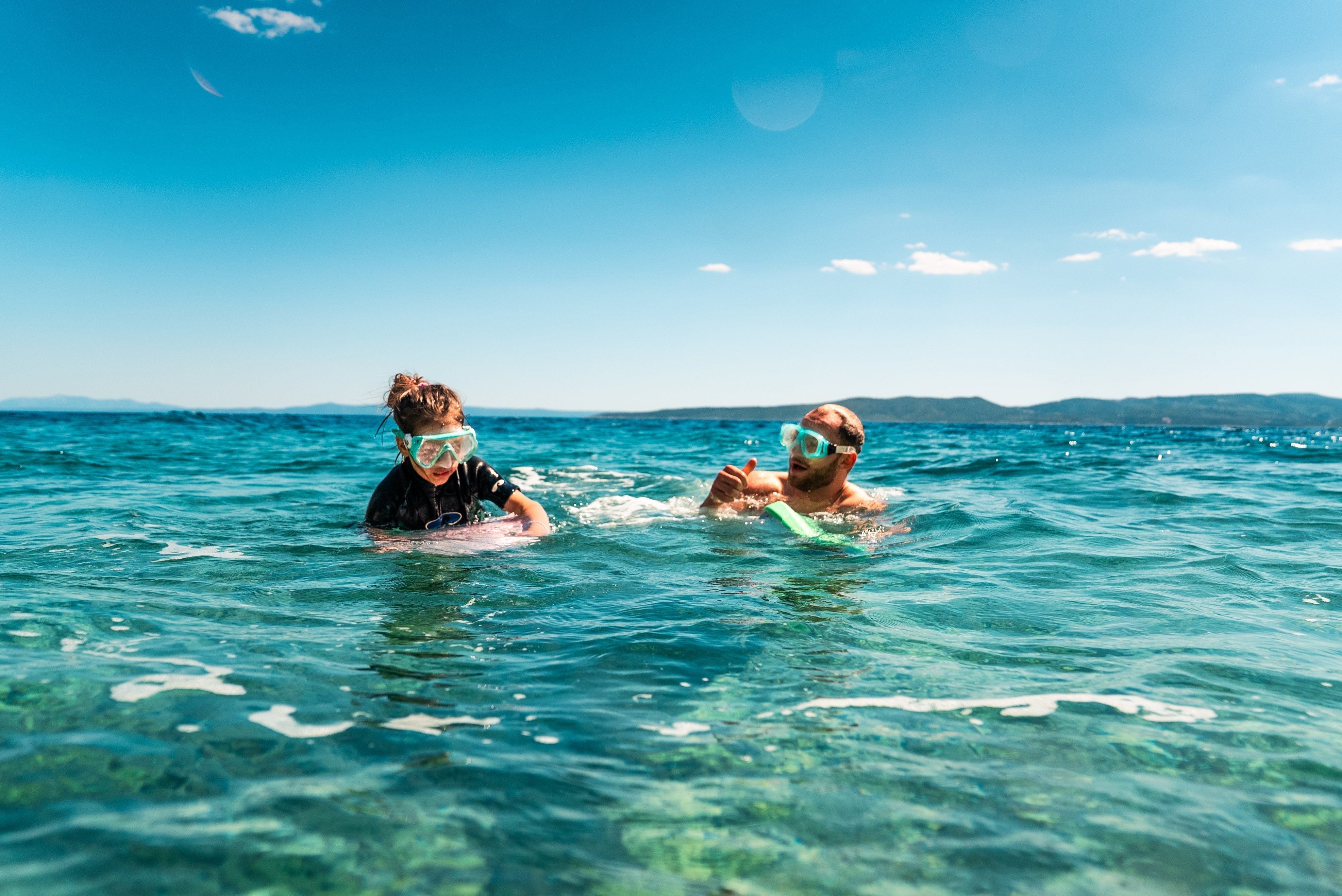
Leave a comment